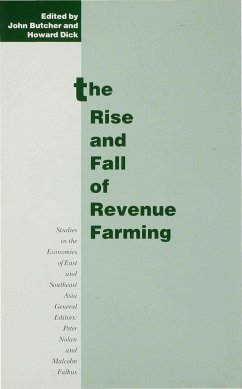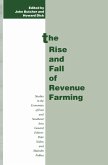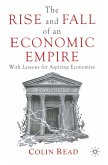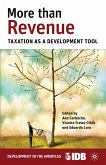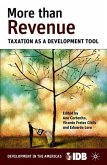Until the 1900s colonial and indigenous governments of Southeast Asia farmed out the right to run opium, gambling and other monopolies. Yet by about 1920 all of the major farms had been abolished. This book attempts to explain the rise and sudden fall of revenue farming.
Until the early 1900s governments of Southeast Asia farmed out the right to run opium, gambling and other monopolies. Yet by about 1920 all of the major farms had been abolished and the collection of revenue brought under direct bureaucratic control. This book explains the rise and sudden fall of revenue farming, traces the changing fortunes of the Chinese businessmen who held the major farms, and uses the study of revenue farming to examine the emergence of the modern state in Southeast Asia.
Until the early 1900s governments of Southeast Asia farmed out the right to run opium, gambling and other monopolies. Yet by about 1920 all of the major farms had been abolished and the collection of revenue brought under direct bureaucratic control. This book explains the rise and sudden fall of revenue farming, traces the changing fortunes of the Chinese businessmen who held the major farms, and uses the study of revenue farming to examine the emergence of the modern state in Southeast Asia.

